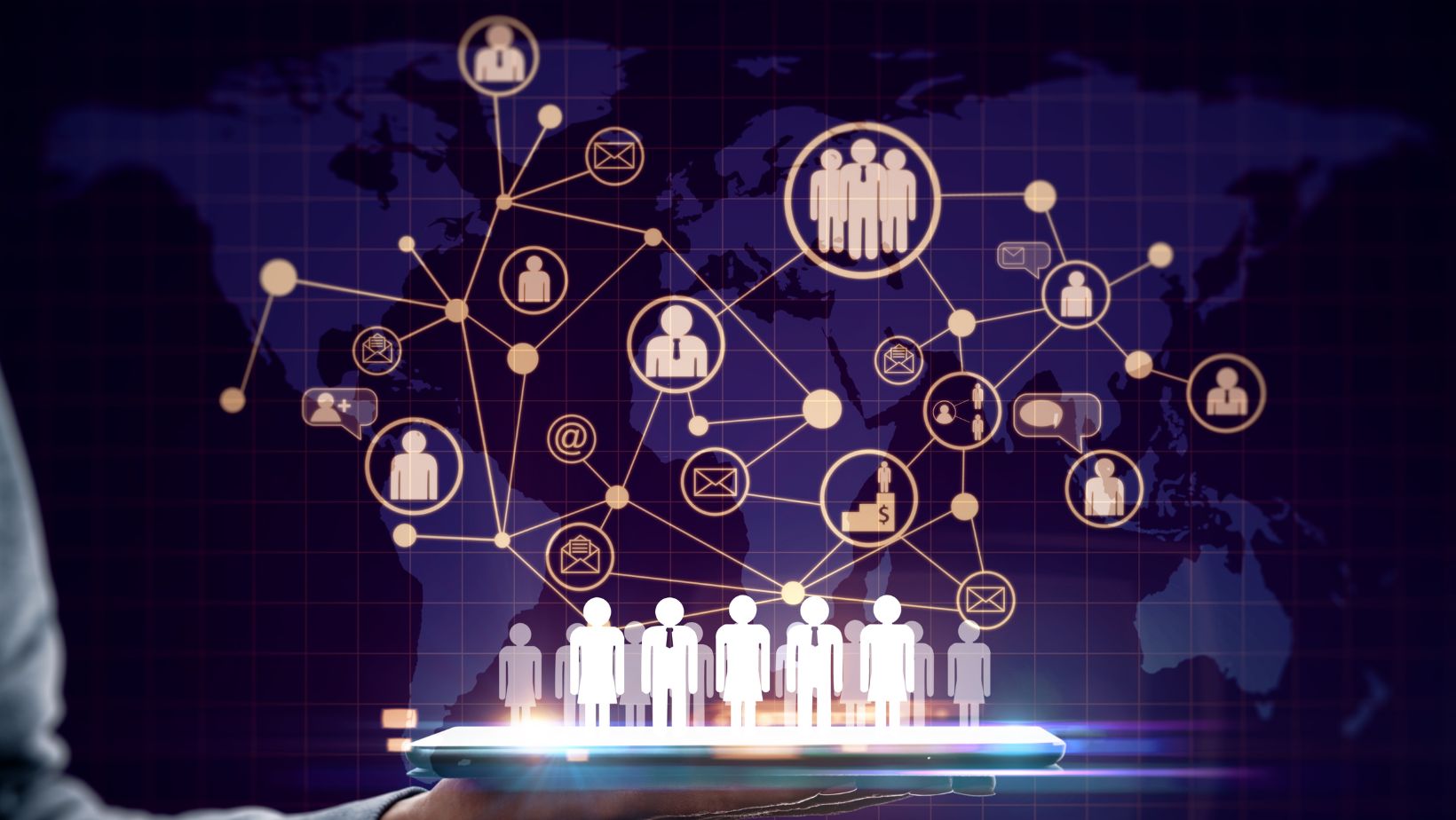In today’s rapidly evolving business landscape, companies are constantly seeking innovative solutions to enhance efficiency and gain a competitive edge. One area experiencing a transformative shift is Human Resources, where Artificial Intelligence (AI) is making a significant impact. Discover and find HR Software to streamline your workforce management and enhance productivity.
The integration of AI in HR presents a compelling business case, promising increased productivity and reduced operational costs. As companies navigate the complexities of the modern workforce, embracing AI technologies can be a game-changer in achieving long-term success.
The Business Case For AI In HR
AI in HR enhances efficiency by automating processes such as resume screening and interview scheduling. These automation capabilities lead to quicker hiring decisions while freeing HR professionals to focus on strategic tasks.
Predictive analytics powered by AI improves workforce planning by forecasting employee turnover and identifying talent gaps. When companies leverage these insights, they can create data-driven strategies that align with business goals, forming a solid business case for AI in HR.
AI also assists in training and development through personalized learning recommendations and feedback systems. These tools tailor content to individual needs, enhancing skill development and career growth within an organization. AI’s role in employee development signifies its strategic importance in modern HR functions.

Benefits Of Implementing AI In HR
Implementing AI in HR transforms operations by driving efficiency and enhancing decision-making capabilities. This shift enables businesses to optimize workforce management through advanced technologies, such as high volume hiring software, which streamlines recruitment processes and supports scalable talent acquisition.
Efficiency And Productivity
AI enhances efficiency by automating routine tasks like resume screening and interview scheduling. This saves significant time and allows HR professionals to focus on strategic activities. With AI handling data entry and management processes, productivity increases as employees spend less time on manual tasks and more time on value-driven initiatives.
Enhanced Decision Making
AI-powered analytics improve decision-making through data-driven insights. Predictive analytics tools help forecast trends such as employee turnover and talent gaps, allowing HR to plan strategically. By analyzing large datasets, AI identifies patterns and provides recommendations, enabling more informed and timely decisions.
Improved Employee Experience
AI enhances the employee experience by introducing personalized interactions and support. Chatbots deliver instant assistance, addressing queries and easing administrative burdens. Sentiment analysis tools monitor mood and engagement levels, identifying areas for improvement.

Potential Challenges And Considerations
Artificial Intelligence offers transformative opportunities in HR, yet potential challenges and considerations exist. Organizations need to address these issues to maximize the benefits of AI in HR.
Data Privacy Concerns
HR departments handle sensitive employee data, making data privacy a significant challenge. Companies must ensure that AI systems comply with data protection regulations such as the General Data Protection Regulation (GDPR) in Europe or the California Consumer Privacy Act (CCPA) in the United States. Employing robust encryption and data anonymization techniques can minimize privacy risks.
Integration With Existing Systems
Integrating AI with existing HR systems can be complex. Legacy systems may lack compatibility with new AI technologies, leading to integration challenges. Organizations must assess their current infrastructure and invest in compatible AI solutions to overcome these barriers. Careful planning and incrementally phased implementations help facilitate smooth integration, minimizing disruptions to HR operations.

Steps To Build A Successful AI Strategy In HR
Building a successful AI strategy in HR involves careful planning and effective execution. Organizations implementing AI can significantly enhance workforce management and decision-making processes.
Defining Clear Objectives
Setting precise goals ensures direction for any AI initiative in HR. Objectives should align with the organization’s broader business goals. For example, if a company aims to improve recruitment efficiency, the AI strategy might focus on automating resume screening or candidate selection. These objectives provide clarity and leverage the business case for AI in HR to justify investments.
Ensuring Stakeholder Buy-In
Gaining support from key stakeholders facilitates AI integration in HR processes. Stakeholders like HR executives and IT professionals must understand AI’s potential and benefits. Conducting workshops and presentations can clarify the role of AI in enhancing HR functions such as talent acquisition and employee engagement.
While challenges like data privacy and system integration exist, strategic planning and stakeholder engagement can mitigate these issues. As businesses continue to evolve, embracing AI in HR will be crucial for sustainable success and innovation in the workplace.

